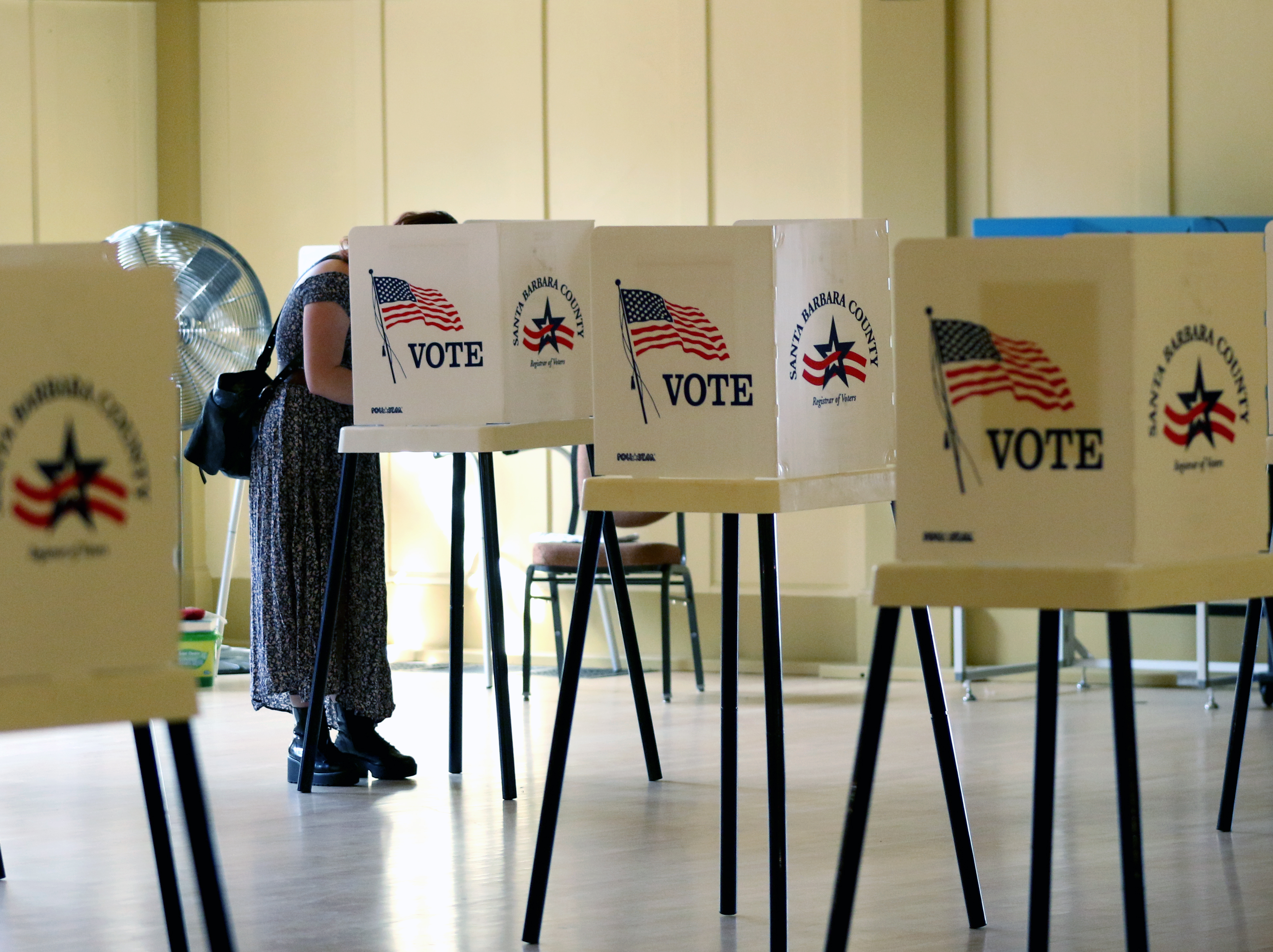The Santa Barbara Independent republishes stories from CalMatters.org on state and local issues impacting readers in Santa Barbara County.
A poll out this month is only the latest proof: California voters are generally whiter, older, better educated than the population at large, and more likely to be married and own their homes as well.
But how to make the electorate look more like California — which the survey also says a majority of voters consider a priority?
A coalition of advocacy groups for poor people, immigrants and labor is trying to build support behind a bill for much broader automatic voter registration. Under Senate Bill 299, the Department of Motor Vehicles would be required to send details to the Secretary of State to register all eligible voters, and county election officials would have to notify them and give them a chance to refuse. Under California’s current “motor voter” law, you’re automatically registered when you go to DMV, but you can also simply opt out. The bill could also lead to automatic registration when you come in contact with other state agencies.

California has the greatest number of unregistered but eligible voters of any state, says the California Grassroots Democracy Coalition, and if everyone who is eligible but hasn’t registered signs up, that would add as many as 4.7 million voters. Many of those new voters would be younger, women and Latinos, reflecting California’s diversity.
The coalition says it has been talking to key players, but with only four weeks left in this session, the plan is to wait until next year to push the bill. It’s co-authored by Democratic Sens. Caroline Menjivar of Van Nuys and Monique Limón of Santa Barbara.
In a statement, Menjivar said: “Voting is one of the most powerful ways to initiate change in the United States, and simplifying voter registration will have an instant and dramatic effect on voter participation throughout California. We have taken significant steps in the right direction, but much more can be done to lift up the voices of historically disenfranchised communities.”





You must be logged in to post a comment.